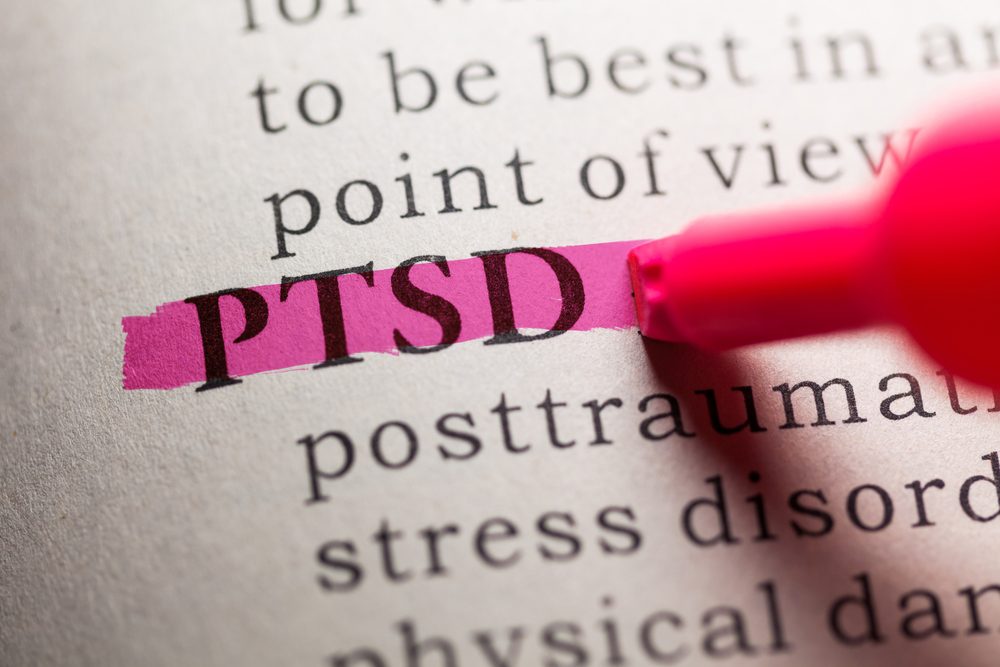Is There a Link Between Chronic Illness and PTSD?
Written by |

Post-traumatic stress disorder (PTSD) is getting more coverage in the news. I’ve often wondered if I have PTSD since I started experiencing symptoms after I was diagnosed with sarcoidosis.
Most people probably believe that PTSD only affects veterans, victims of sexual assault, or people who have witnessed death or tragedy. How could someone with chronic illness be in that same category? However, research indicates that people with chronic health conditions may, in fact, be at risk.
The onset of illness is often sudden and unexpected. There are usually lifestyle changes that accompany diagnosis, and the effects of a chronic medical condition are generally long term. The combination of diagnosis, treatment, and illness-related factors may lead to PTSD. Symptoms of PTSD in someone with chronic health issues include anxiety — specifically about future treatment — as well as difficulties sleeping, shame and self-blame, withdrawal from social situations, and treatment avoidance.
I’m not looking for another diagnosis. Sarcoidosis is enough. But the possibility of PTSD in people with chronic health issues helps me feel like I’m not alone. Unfortunately, 15 to 35 percent of patients with chronic pain eventually develop PTSD. People with an accumulation of adverse conditions, like financial stress and unemployment, are more likely to develop PTSD. Lack of a support network increases the risk of PTSD.
If you feel like you may be experiencing PTSD as a result of your chronic health condition, you can enlist the support of family and friends, visit a place of worship, or seek professional help. If you are diagnosed with PTSD, treatments are available. For example, talk therapy involves speaking with a professional about your feelings and circumstances. In some instances, anxiety medications and antidepressants may help with symptom management.
I haven’t officially been diagnosed with PTSD, but it’s reassuring to know that with the proper help and support, the condition is possible to manage.
***
Note: Sarcoidosis News is strictly a news and information website about the disease. It does not provide medical advice, diagnosis, or treatment. This content is not intended to be a substitute for professional medical advice, diagnosis, or treatment. Always seek the advice of your physician or other qualified health provider with any questions you may have regarding a medical condition. Never disregard professional medical advice or delay in seeking it because of something you have read on this website. The opinions expressed in this column are not those of Sarcoidosis News or its parent company, Bionews Services, and are intended to spark discussion about issues pertaining to sarcoidosis.






Leave a comment
Fill in the required fields to post. Your email address will not be published.